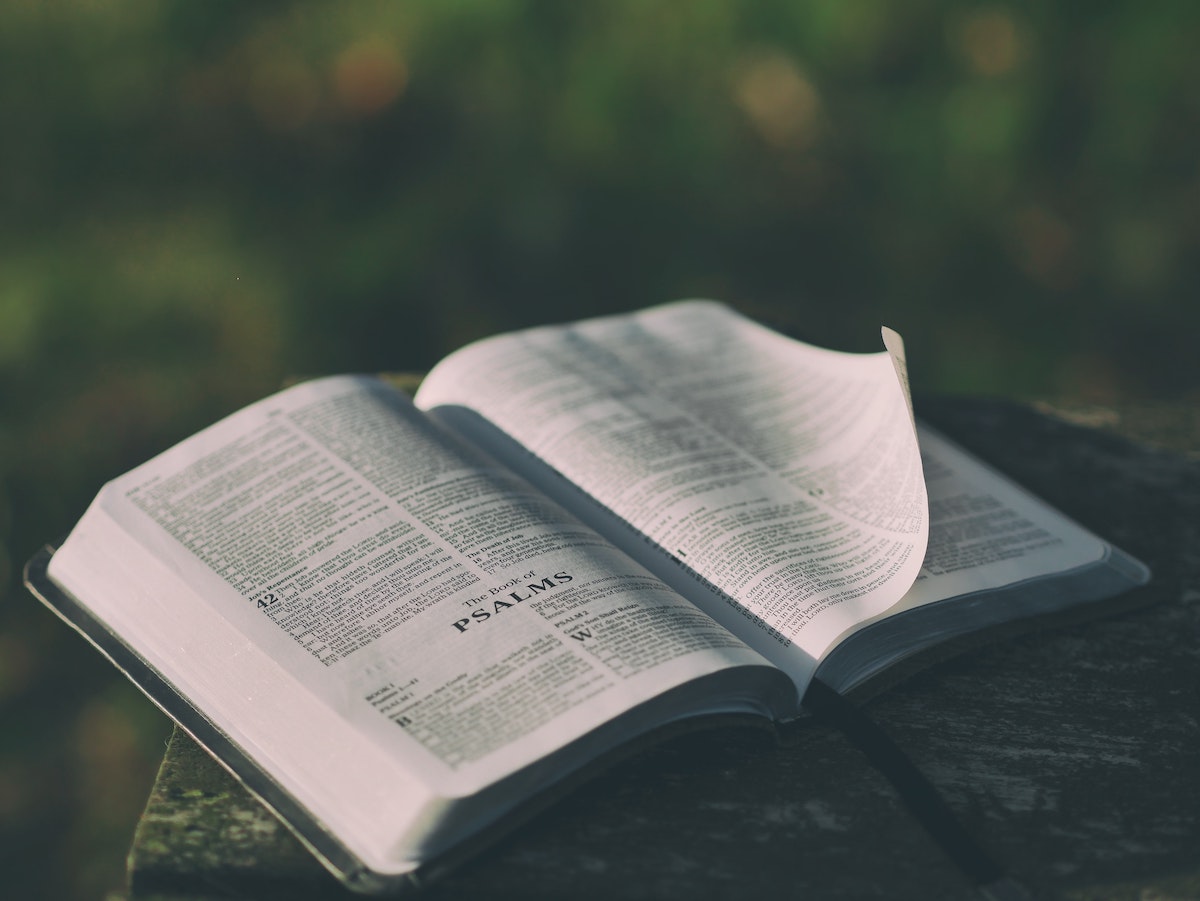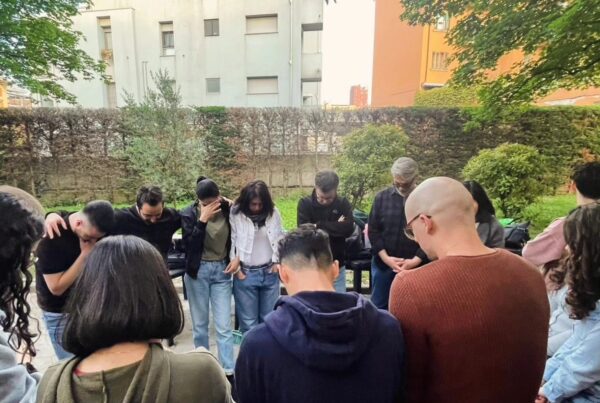Church planting tests relationships. This relational stress can result in deeper bonds and meaningful work or heavy betrayal and hurt. Is there a way to recover from the deep cuts when they inevitably come? How do you place your hand on the plow again? How can you fight for healing?
To answer these questions, Athanasius of Alexandria advises his deacon, Marcellinus, to turn to Psalm 55:
“If your enemies who oppress you insult you, and those who seem to be your friends discredit you by making a fool of you, and you get perplexed by their subtlety for a little while, nevertheless you should be comforted by singing to the Lord and reciting the words in Psalm 55.”
Every church planter should keep the song and prayer of Psalm 55 close to their heart. In this psalm, David laments his betrayal by an intimate friend. He’s under siege by troubling thoughts (1–3), and anguish fills his heart with the desire to escape (4–8). Verses 12–13 reveal the source of his agony: David says he could bear the attack if it came from an enemy, but instead, these arrows are piercing him from an unexpected source—it’s his peer, his companion, his good friend who turned against him. They’d shared tears, struggles, joy, and worship. Yet all seemed lost in an instant.
Does this apply to church planting and pastoring? The answer is a resounding “yes.” People with whom you’ve dreamed, prayed, cried, and celebrated can turn around and deeply hurt you. This was clear to me during the pandemic when I faced the dilemma of threats from divided extremes: “Pastor, if you require masks, we will . . ..” Or, “Pastor, if you don’t require masks, we will . . ..” I heard concerns from both camps. But their willingness to throw meaningful relationships and fellowship aside, in a moment, shocked me.
The Psalmist gives us two options here: we can escape to somewhere, something, or someone else, or we can escape to God. We miss all these summits when we run away, seeking other forms of refuge instead of following the hard path up the mountain. Click To Tweet
The Wrong Escape
Crushing and unbearable times often tempt us to escape to other forms of refuge that give us instant relief. Sometimes we use virtues—we bury ourselves doing good things to medicate the pain. We try vacations and entertainment. Sometimes we use vices like sleeping pills, drinking, and gluttony to block and repress hurt, though we know they’re perilous to our souls. Anything we seek to suppress tends to return in more dangerous forms.
The detriment of fleeing to other sources for refuge is that we miss out on abundant life. Climbing a mountain is gritty, hard work. But reaching the summit rewards us with a soul-satisfying view. Life’s monumental summits evade us as we pursue ease and escapism. Because of this escapism, so much good is left undone. As Dave Griffith-Jones says,
“Truth doesn’t get told, work doesn’t get finished, spouses don’t get cherished, children don’t get parented, injustice doesn’t get challenged, inventions don’t get made, art doesn’t get created, churches don’t get planted, sinners don’t get told the good news, neighbors don’t get loved, Jesus doesn’t get honored.”
We miss all these summits when we run away, seeking other forms of refuge instead of following the hard path up the mountain.
The Right Escape
We need to escape to God. God was David’s hiding place: “Give ear to my prayer, O God, and hide not yourself from my plea for mercy!” (Ps. 55:1). Through prayer, David gained perspective and became settled in knowing that God would execute justice on his behalf (Ps. 55:19–21, 23). His advice, then, is to cast your cares on the Lord. This means we don’t hold it all in but talk to God about our troubles. Casting our cares on God enables us to remain steadfast, escaping escapism and finding refuge in him. Click To Tweet
Talking to God in this context includes sharing our feelings of anger, shown in the vivid language used in this psalm. The result of taking it to the Lord in prayer is that David emerges confident that God will save him (v. 16), hears his voice (v. 17), will redeem him (v. 18), will sustain him, and that he will never be shaken (v. 22).
Athanasius advises Marcellinus to recite this psalm because it voices what we feel before God. It also shows us that sometimes God won’t take the burden away—but he will surely sustain. In short, casting our cares on God enables us to remain steadfast, escaping escapism and finding refuge in him.
This song should be on the lips of every church planter because deep wounds are inevitable in this meaningful work. To maintain our love for God, his people, and his work, we must bring our deep wounds to him for healing.










